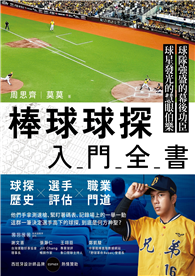Lex Lu argues in Appearance Politics that crafting an appealing and powerful outward image has long been an essential political instrument in China. Its traces may be found in historical records, imperial portraits, physiognomic prognostications, photographs, posters, statues, and digital images. Employing rare archival materials from Beijing, Shanghai, and Nanjing, Lu tells the story of these political maneuverings. We learn the ways in which political actors and their agents designed their images, and we observe the shifting standards of male beauty that guided their decisions.
Appearance Politics examines five case studies: the usurpation of Ming Prince Zhu Di; the rise of Manchu masculinity and its mixed standards of Han Chinese and Manchu beauty at the Yongzheng court; the use of modern photography and Western male beauty standards at the turn of the twentieth century; the making of the Republican founding father Sun Yat-sen; and the creation of visual templates of Mao Zedong. Lu’s rich empirical study counters systematic stereotypical descriptions of Chinese male leadership embedded in Western media and scholarship.












